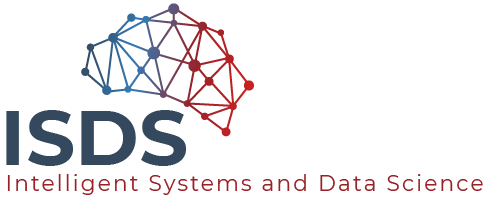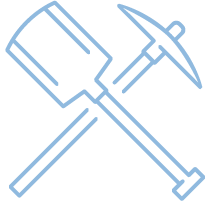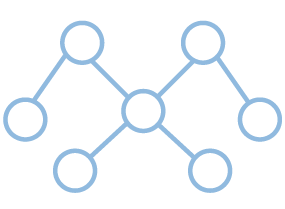Stanford’s AI Index features SKM research
The Stanford Institute for Human-Centered AI published its 2025 AI Index report this week, providing a comprehensive look at the global state of Artificial Intelligence (AI). The report, now in its eighth edition, tracks and visualises data on technical performance, economic impact, education, policy, and responsible AI to offer an empirical foundation for understanding the field’s […]


 Scholarly Knowledge Mining
Scholarly Knowledge Mining
 Digital Humanities
Digital Humanities
 Data Science
Data Science
 Smart Cities and Robotics
Smart Cities and Robotics
You must be logged in to post a comment.